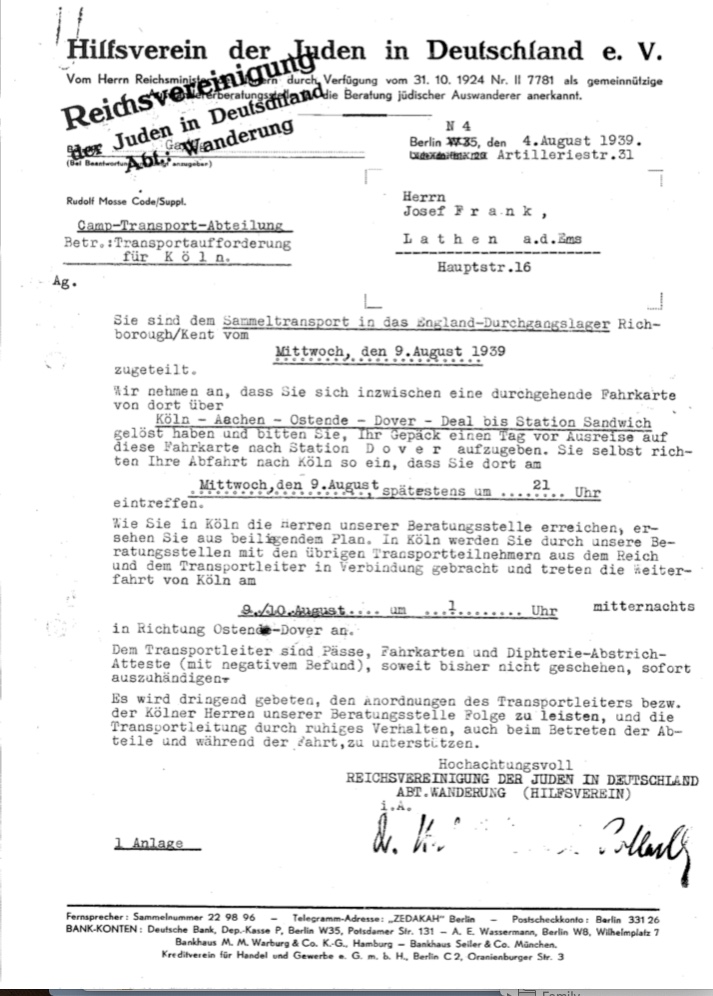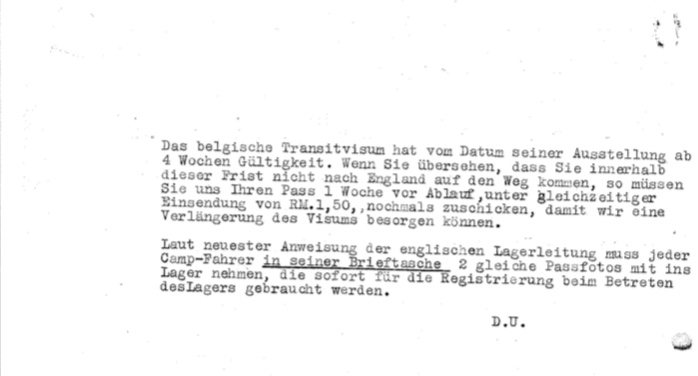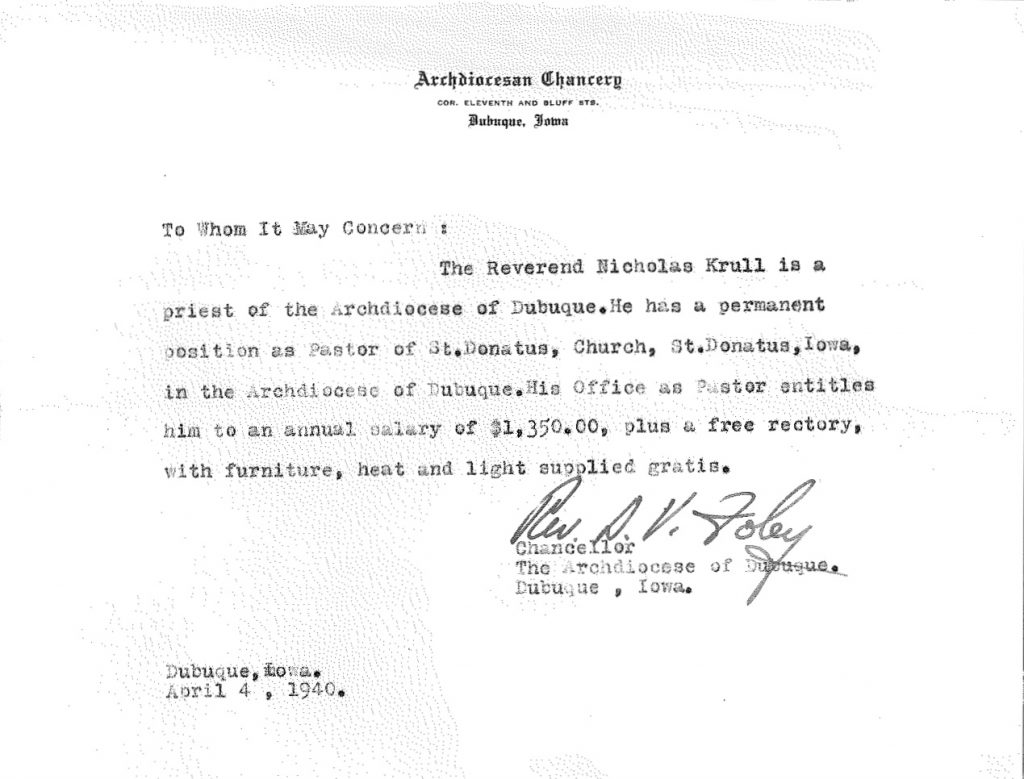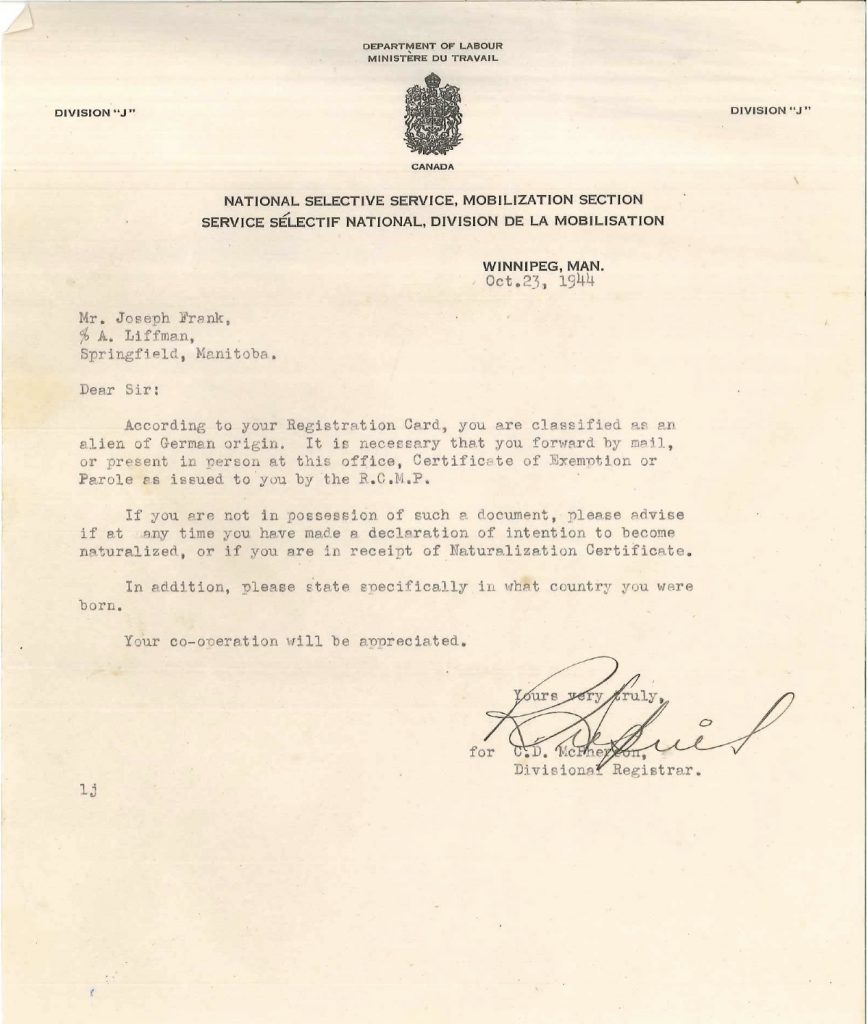Born: Lathen, Germany, 29 July 1920
Profession in country of origin: Butcher’s assistant
Arrived in Britain as a refugee from Germany on 10 August 1939
Documents
Male enemy alien - Exemption from internment - Refugee Surname: Frank Forename: Josef Alias: - Date and place of birth: 29/07/1920 in Lathen Nationality: German Police Regn. Cert. No.: 712 782 Home Office ref: C2569 Address: Kitchener camp, Richborough, Sandwich, Kent Normal occupation: Butcher's assistant Present occupation: Assistant in Camp Kitchen Name and address of employer: - Decision of tribunal: Exempted "C" Date 19.10.1939 Whether exempted from Article 6(A): Yes Whether desires to be repatriated: No
Source: National Archives, Home Office: Aliens Department: Internees Index, 1939-1947.
Frank, Josef 29.07.1920 712 782 SH3 488 Sailed for Canada in SS Sobiecki on 4th July 1940 F13637 Richborough EC
Source: National Archives, Home Office: Aliens Department: Internees Index, 1939-1947, Canada Internees – Germans and Austrians, C-F, Year range 1939-1942, HO 396/108.
Frank, Josef Born 29.07.20. Category C German R.C. Interned (?) Richborough EC Date Camp I Canada
German Frank, Josef 2.07.1920 Lathen C EAT F13637. M, R, Canada RA in E 26 May 1942 emplt.
Source: Home Office 396/137; Josef Frank, birth year 1920, Birth place Lathen, Nationality German; SeriesHome Office: Aliens Department: Internees Index, 1939-1947; Document details: Canada Internees – Germans Released in Canada, Special Cases, A-K, Year range: 1942-1944.
Editor’s note: We are not allowed to reproduce National Archives (UK) images, but we are permitted to reproduce the material from them, as shown above.
To view the following documents, please click on them and they will open in enlarged full form.
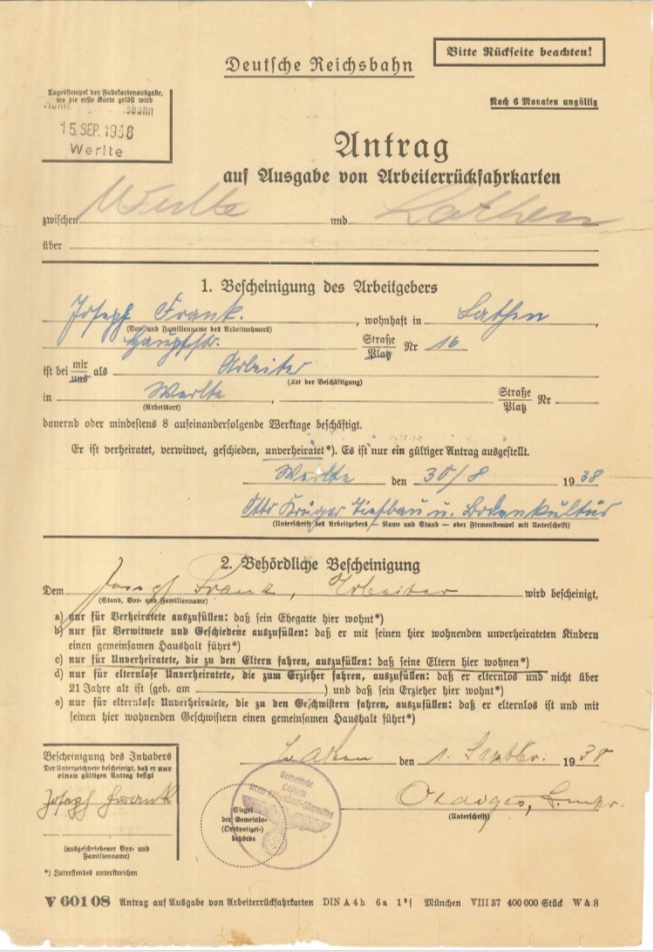
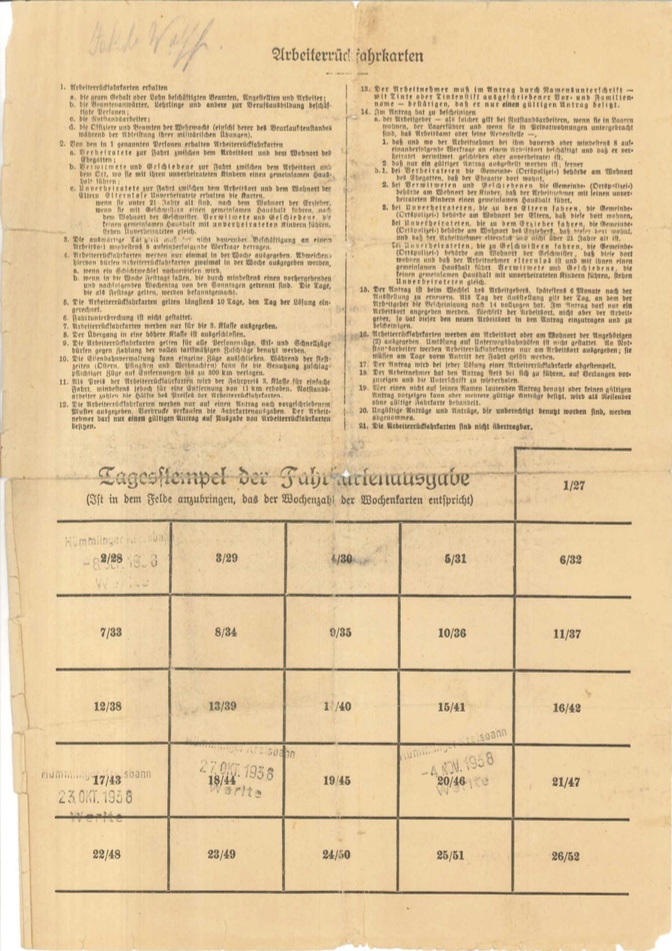
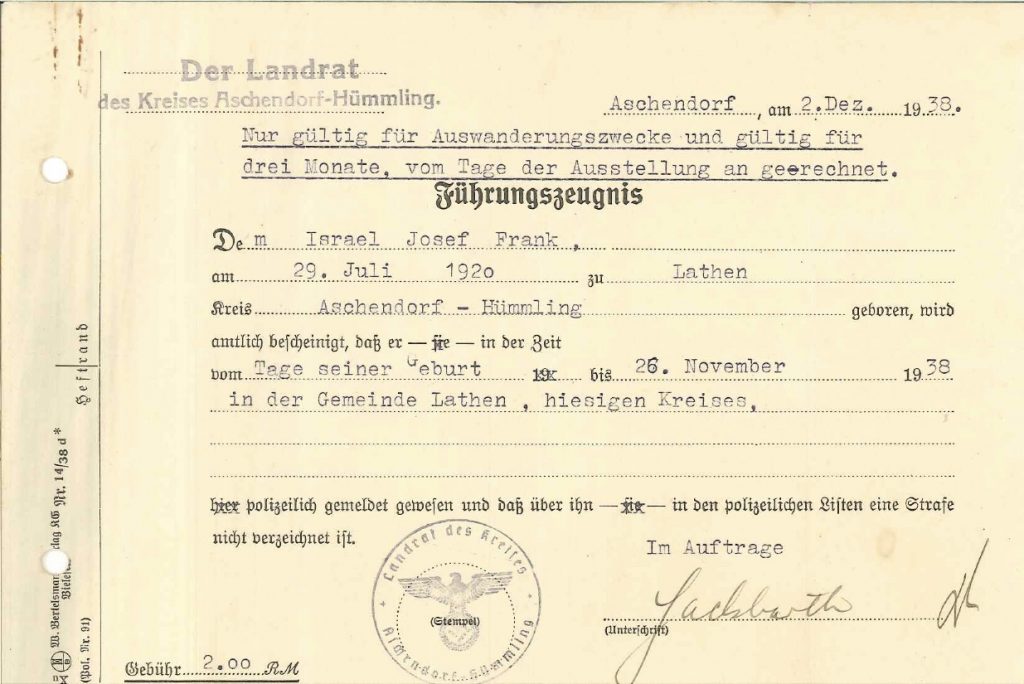
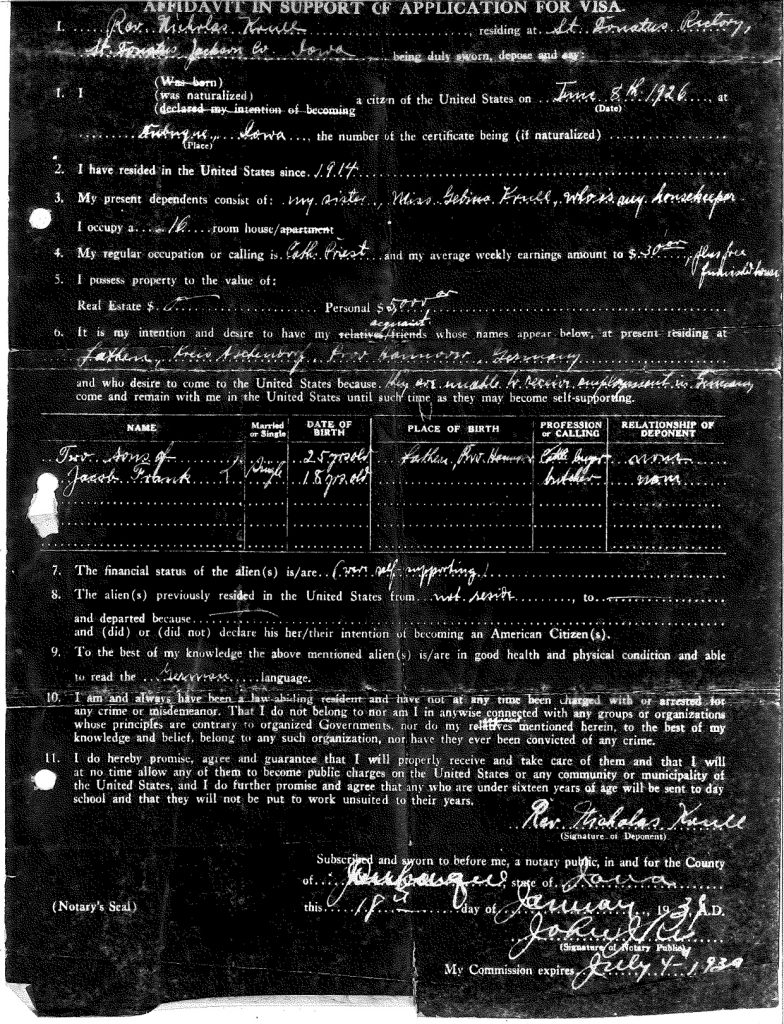
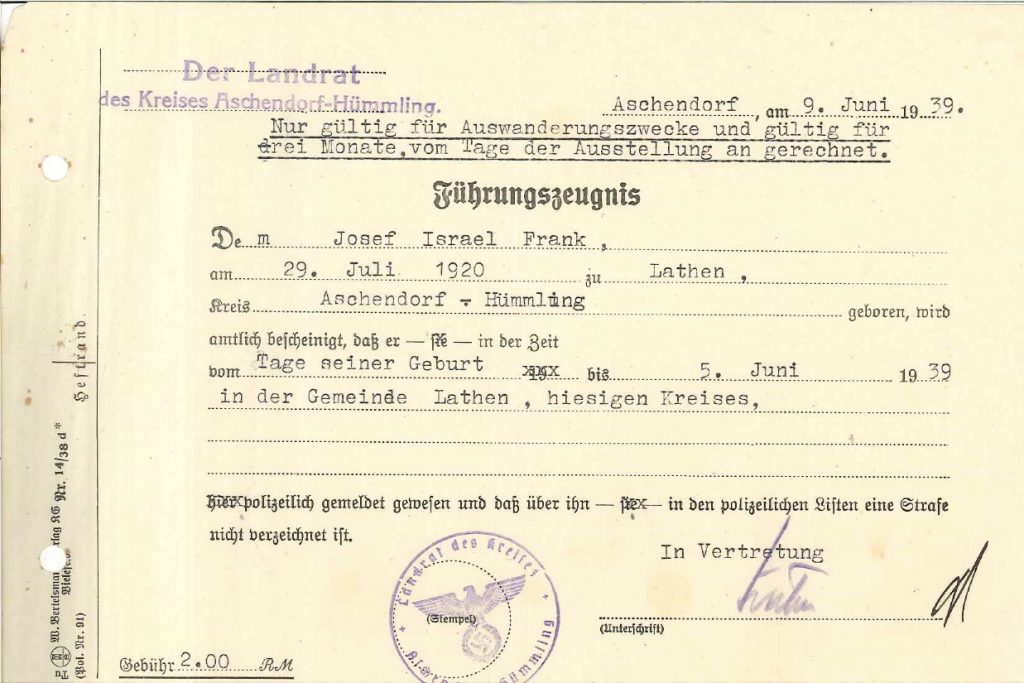
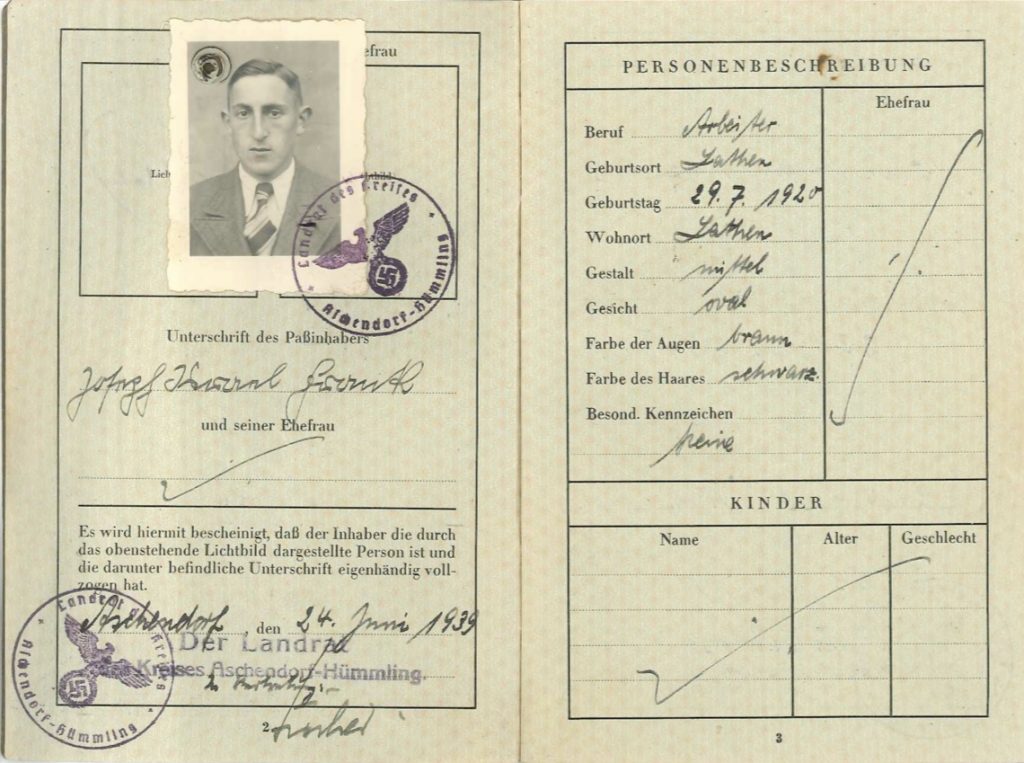
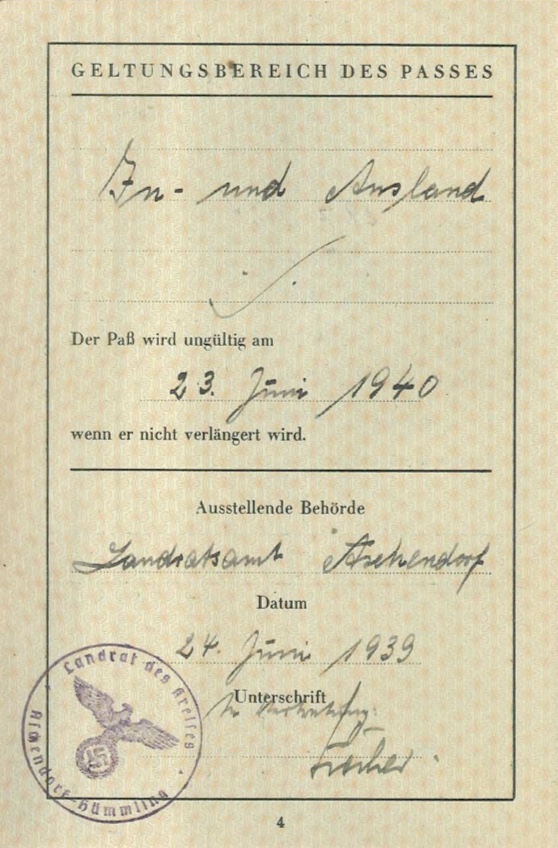
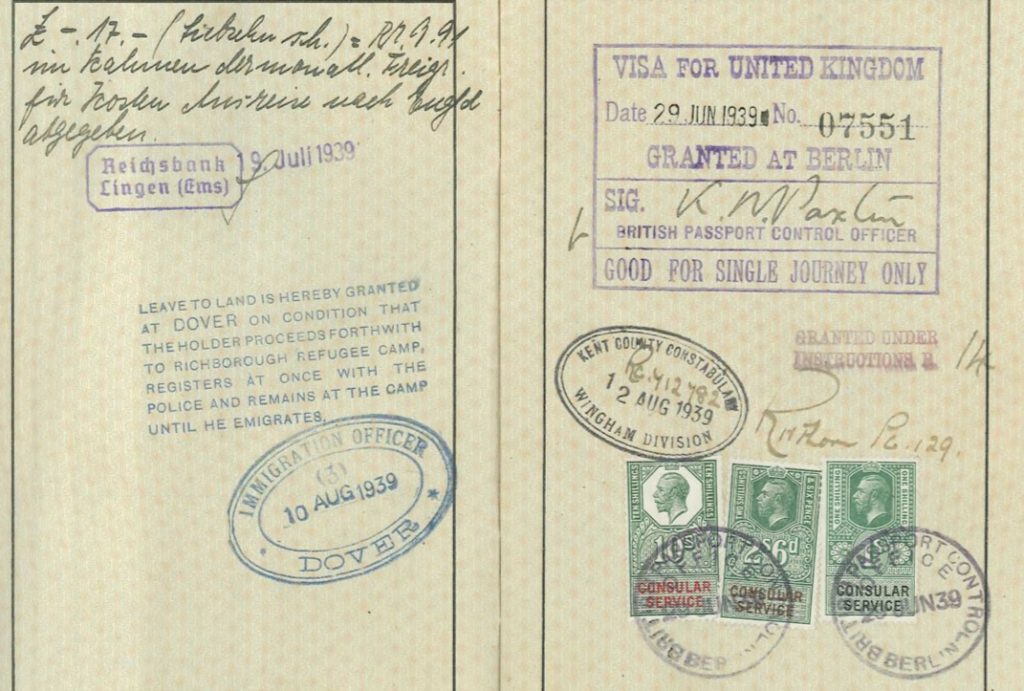
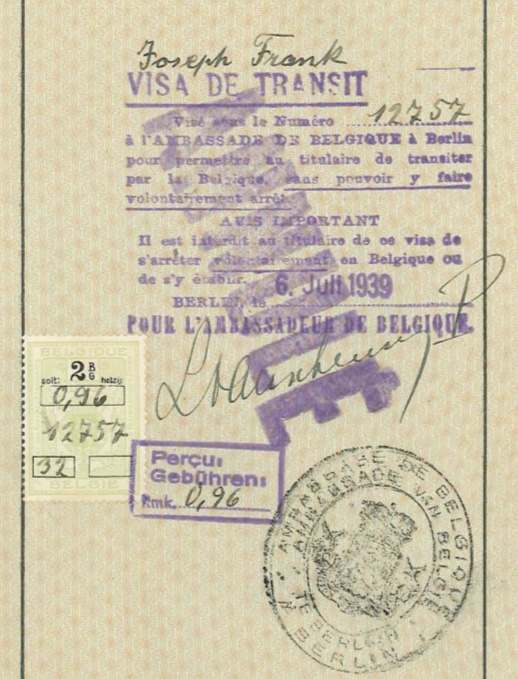
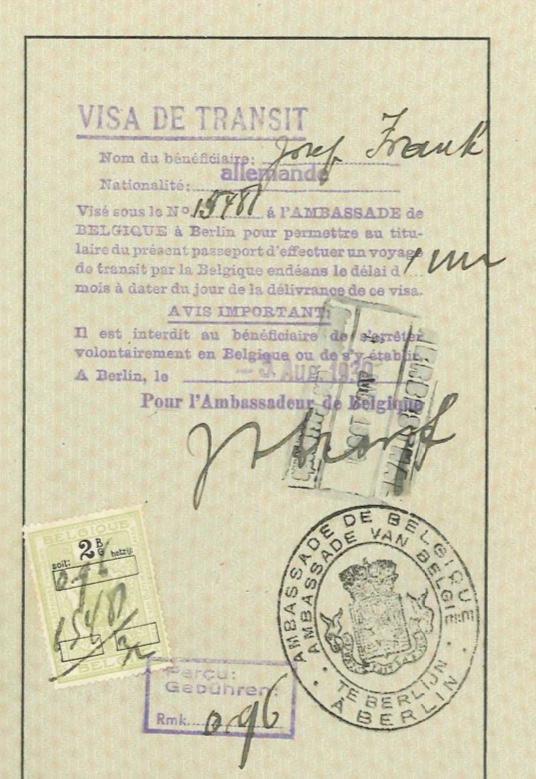
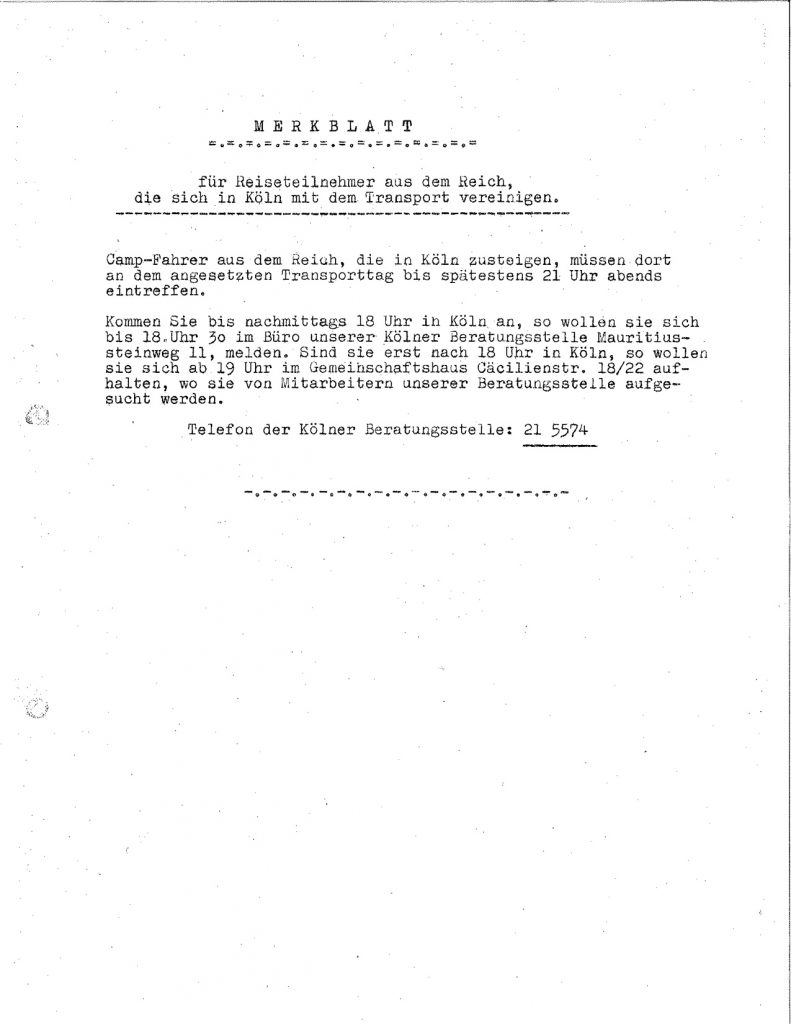
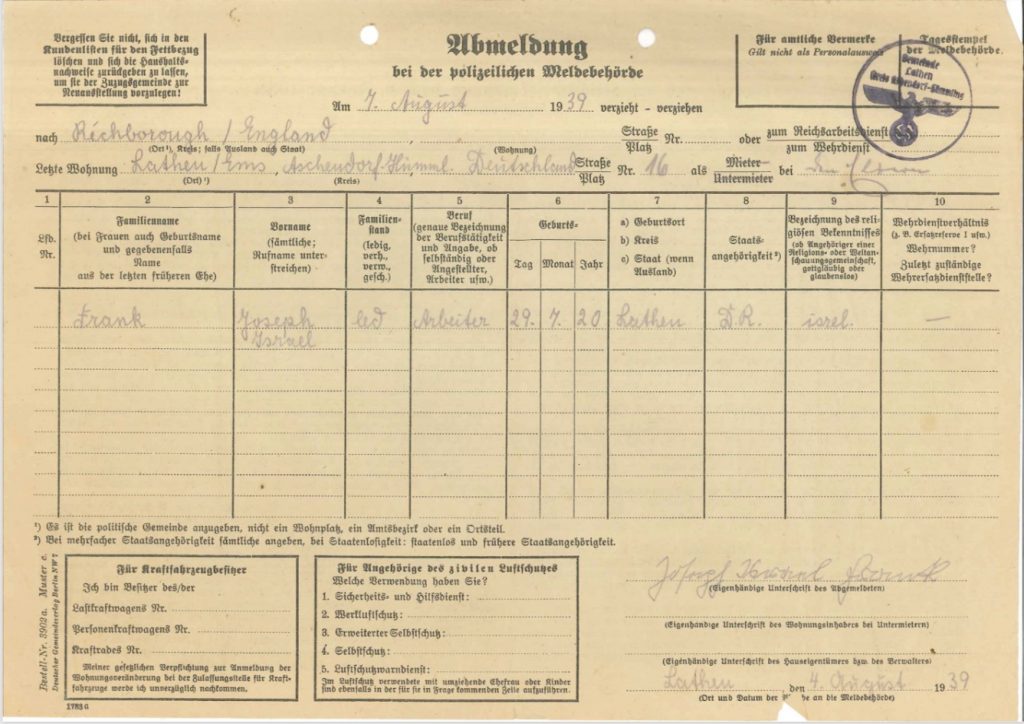
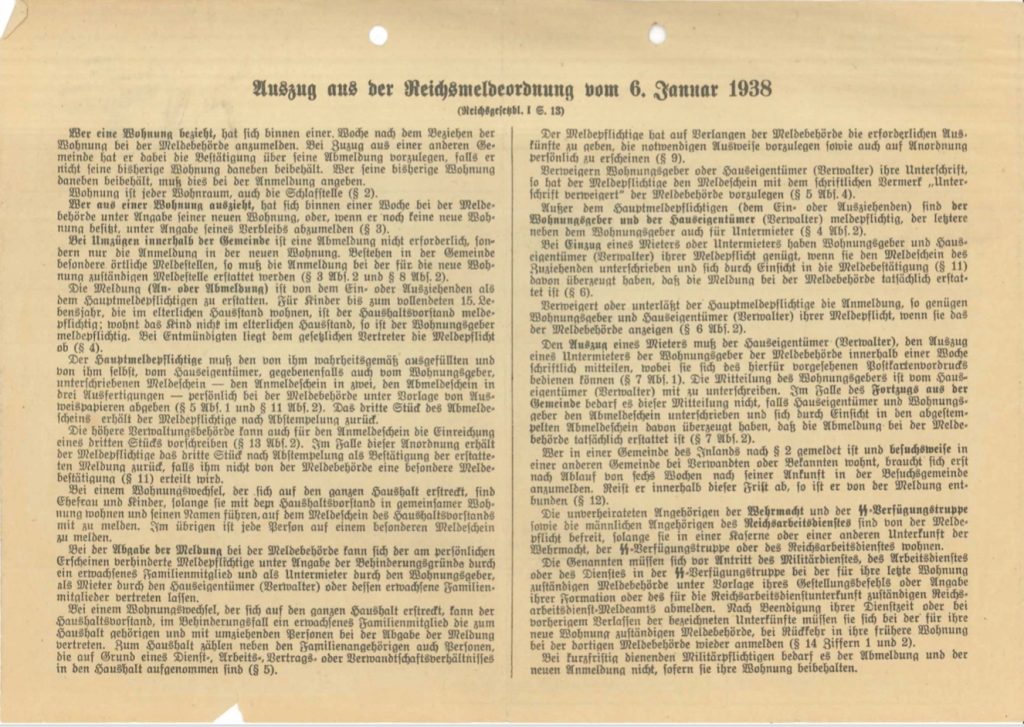
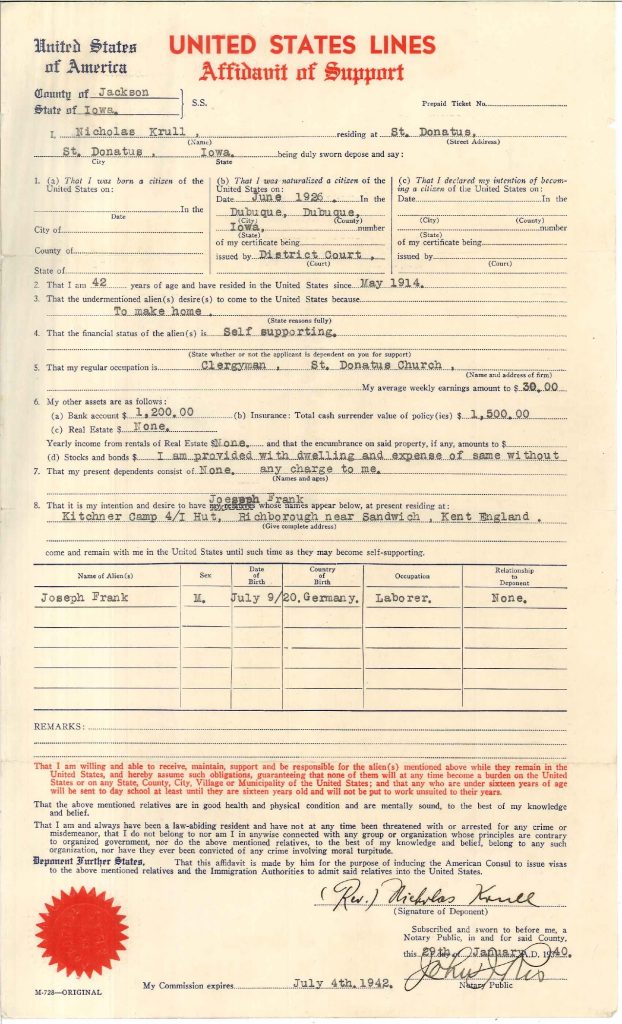
Letters
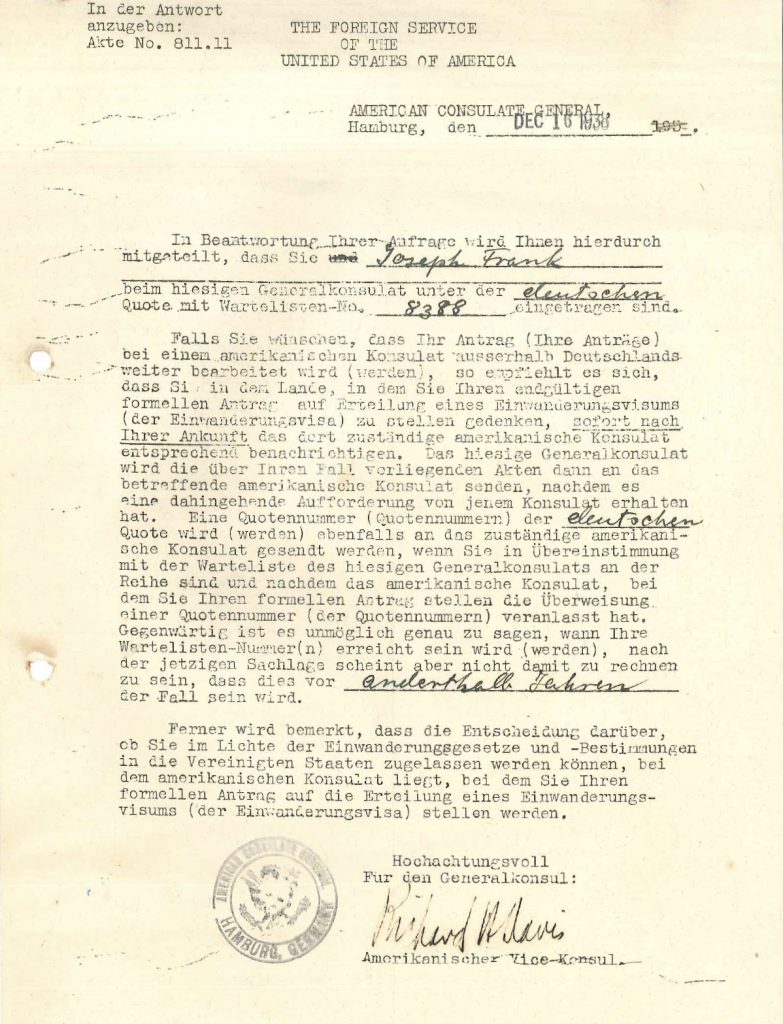
The Foreign Service of the United States of America Regarding: File Number 811.11 American Consulate General Hamburg, Dec. 16, 1938 In response to your request, you are hereby informed that you, Joseph Frank, are registered at the local Consulate General under the German quota waiting list number 8388. If you wish your application to be processed further at an American consulate outside of Germany, it is recommended that you submit your final and formal request for an immigrant visa immediately upon your arrival, whereupon the appropriate U.S. Consulate will be in charge. The local Consulate General will then send the information to the relevant American Consulate after receiving a request from that Consulate. A German quota number will also be sent to the appropriate American Consulate if it is in line with the waiting list of the local American Consulate, where you made your formal request. At the moment it is impossible to say exactly when your waiting list number will be reached but it does not seem likely that this will happen in the next 6 months. It should also be noted that the decision about your admittance to the United States also depends on the U.S, immigration laws and regulations where you formally request your immigration visa. Respectfully For the Consul General: Richard M. Davis [? Handwritten signature] American Vice Consul [Stamped with seal “Hamburg, Germany”]
Kindly translated by a Kitchener descendant
Hilfsverein for Jews in Germany Government Department for Emigration of Jews in Germany Berlin August 4, 1939 Subject: Passage Richborough, England 31 Artillery St. Transportation Dept. Registered Mail Mr Joseph Frank LATHEN (EMS) 16 Haupstrasse Attached we will give you your passport, Number 58, issued in Aschendorf on June 24, 1939 , with English and Belgian visas, which may be required by authorities for administrative purposes. According to existing regulations, it may be possible to get 10 Reich marks in foreign currency against your passport entry and take it with you. The procurement of this foreign exchange loan is up to you. We point out that today’s transmission of your passport does not entitle you to travel abroad alone. The prerequisite for your entry into England is the presentation of your photographed transit card stamped by us and stamped by the British Passport Control Office in Berlin with the English Immigration Officer. Without this card the English visa is worthless and entry into England is impossible. It follows the route to the warehouse. If a camp driver wanders without our permission, whether he is going directly to England or making a stopover in other countries, he loses his claim to the camp and must bear all the consequences himself. Also enclosed are the following: - Police certificate of good conduct - Doctor’s certificate of good health - Registration form Please take all of the above with you in your wallet to the camp. Respectfully, Office for the Jews in Germany, Department of Immigration (Hilfsverein) Copy to Advisory Offices Response to File Number 811.11 The Foreign Service of the United States of America
Kindly translated by a Kitchener descendant
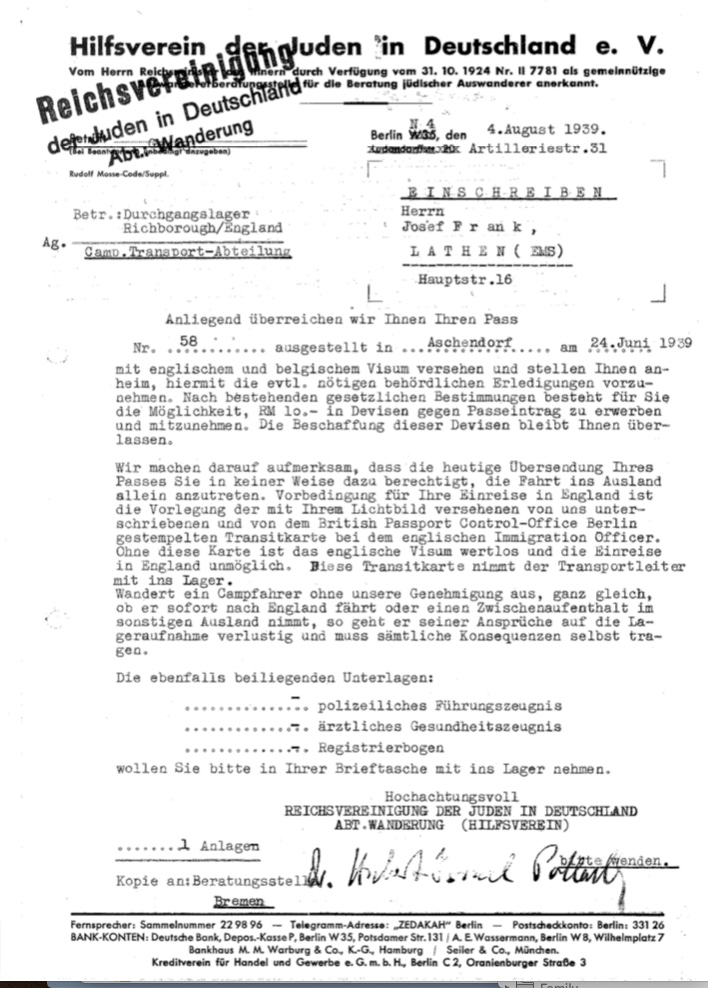
-Letters reproduced with the kind permission of the Frank family for Joseph Frank
Memories
Joseph Frank of Lathen, Germany, was at Kitchener Camp from August 12, 1939 until he was transferred to Mooragh, Isle of Man, in May 1940, and then to Camp 41 in Canada in July 1940. He was interned at Camp 41 until June 1942 and upon release moved to Winnipeg where he was “fostered” by a German Jewish family. He became a Canadian citizen in 1947 and lived his life in Winnipeg.
Joseph never talked about his experiences and it is only now, 15 years after his death, that the family are beginning to piece together his journey.
We now know that following Kristall Nacht, November 9/10, 1938, Joseph was interned at Concentration Camp Sachsenhausen for five weeks. He was released on the promise that he leave Germany.
Joseph was sponsored to emigrate to Iowa, USA, by a Catholic pastor, Father Krull. The Krull family were friends of the veterinarian in Lathen and lived in a nearby village. The veterinarian was a friend on the Frank family and made arrangements for Father Krull’s support. It appears that on the basis of this sponsorship Joseph received the necessary exit and transit visas to leave Germany and to be accepted at the transmigrant refugee camp – Kitchener Camp in the UK.
Joseph was the only survivor of his entire extended family. His closest surviving relative was a second cousin who escaped to Uruguay.
He married, raised two children, and enjoyed six grandchildren – all of whom helped him to rebuild his life after the loss of his family in Germany.
“This conversation has caused me to look again at one of my dad’s ‘things’. It’s a tobacco tin filled with seemingly random bits. Some papers, movie tickets, buttons and cards…
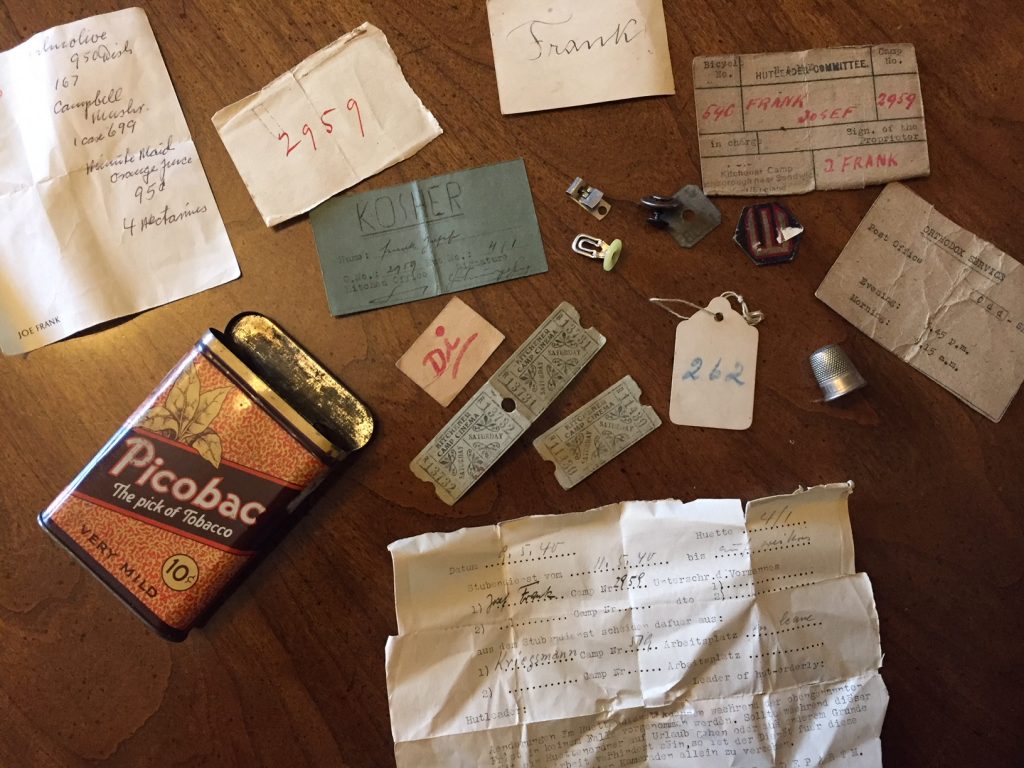
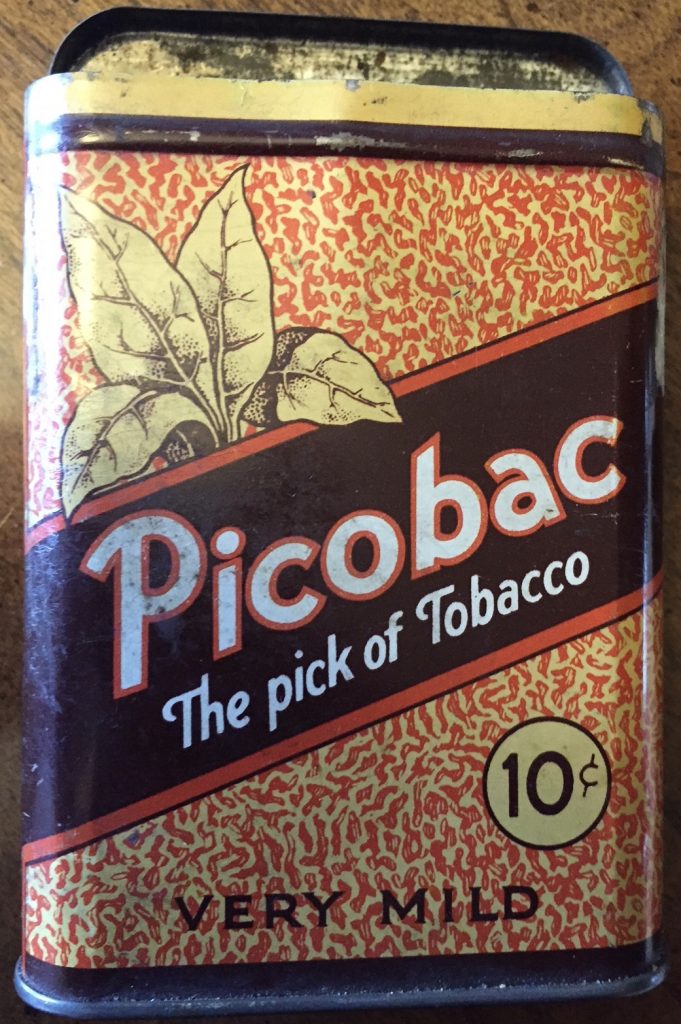
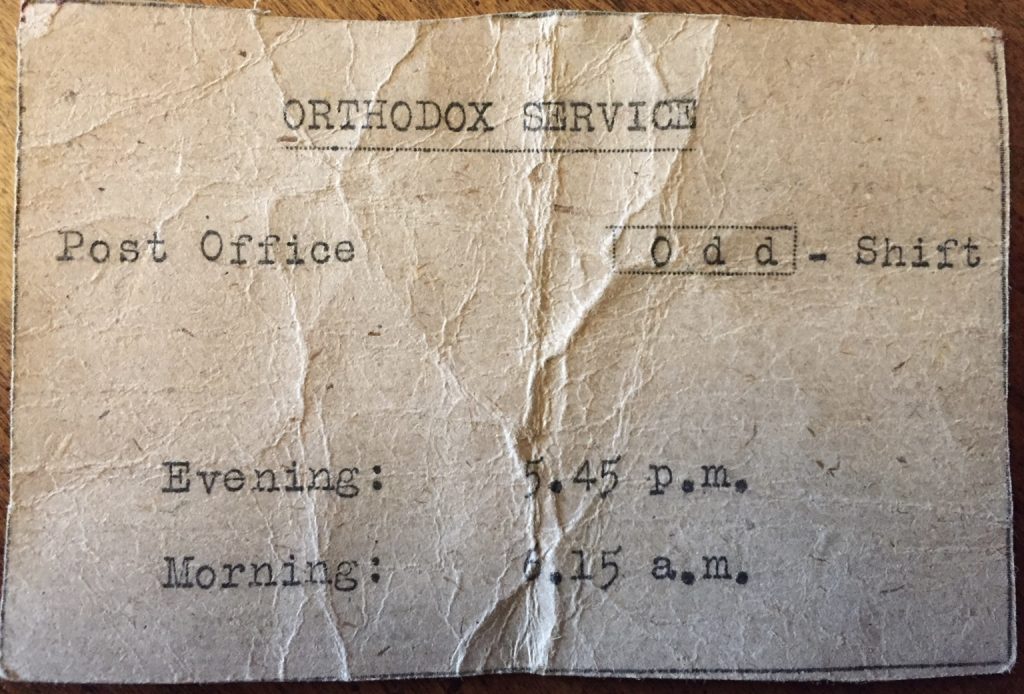
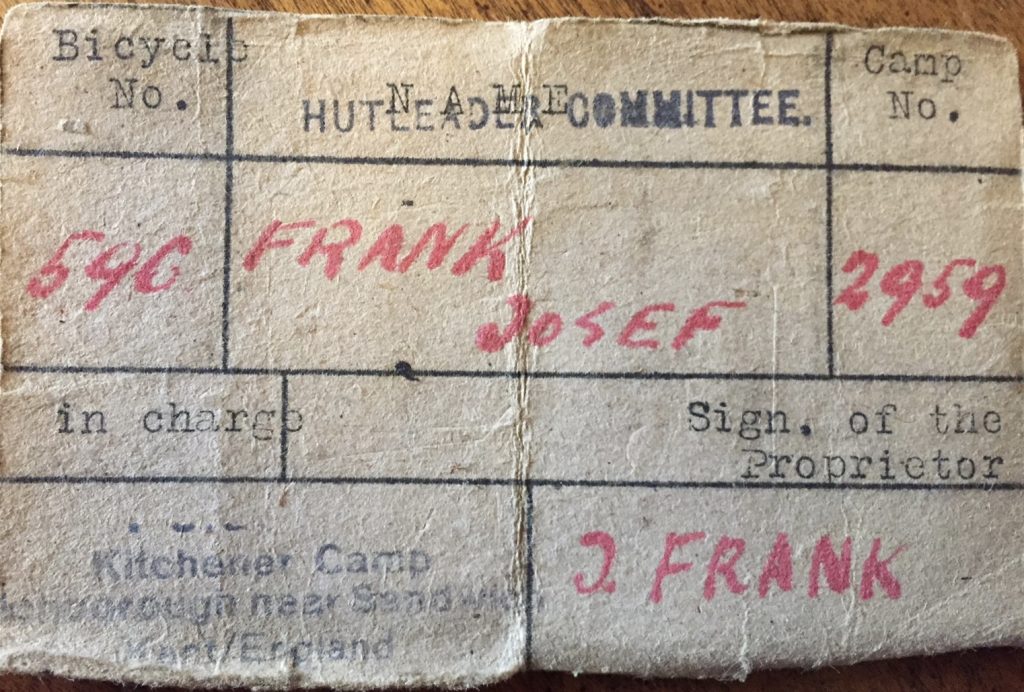
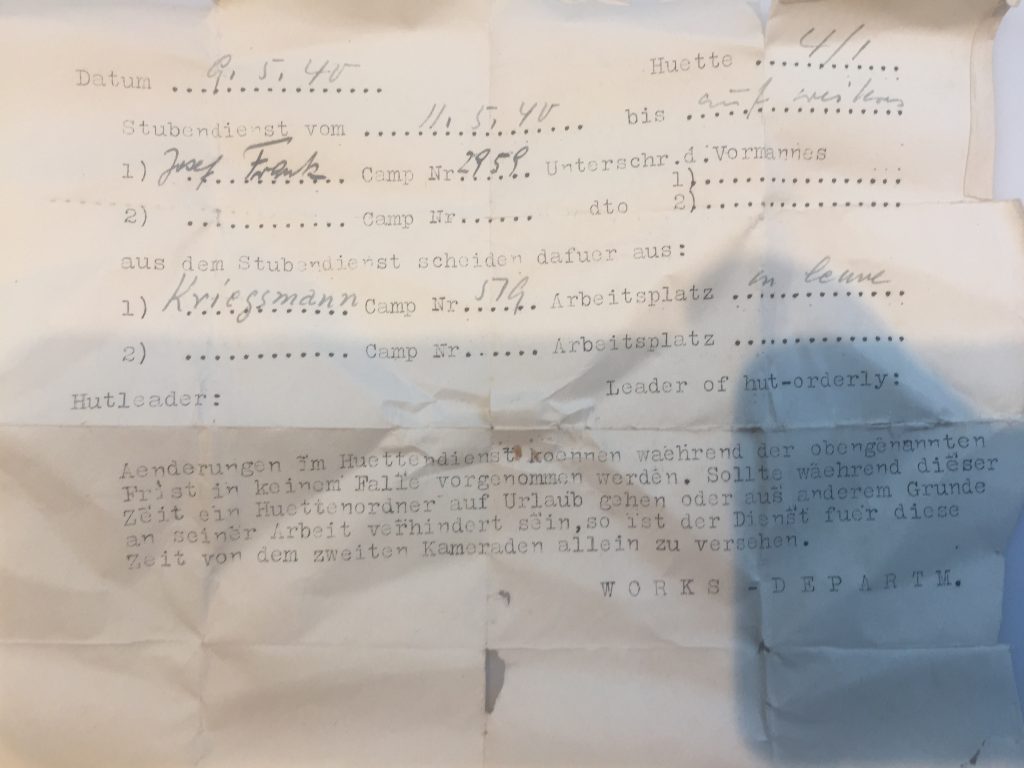
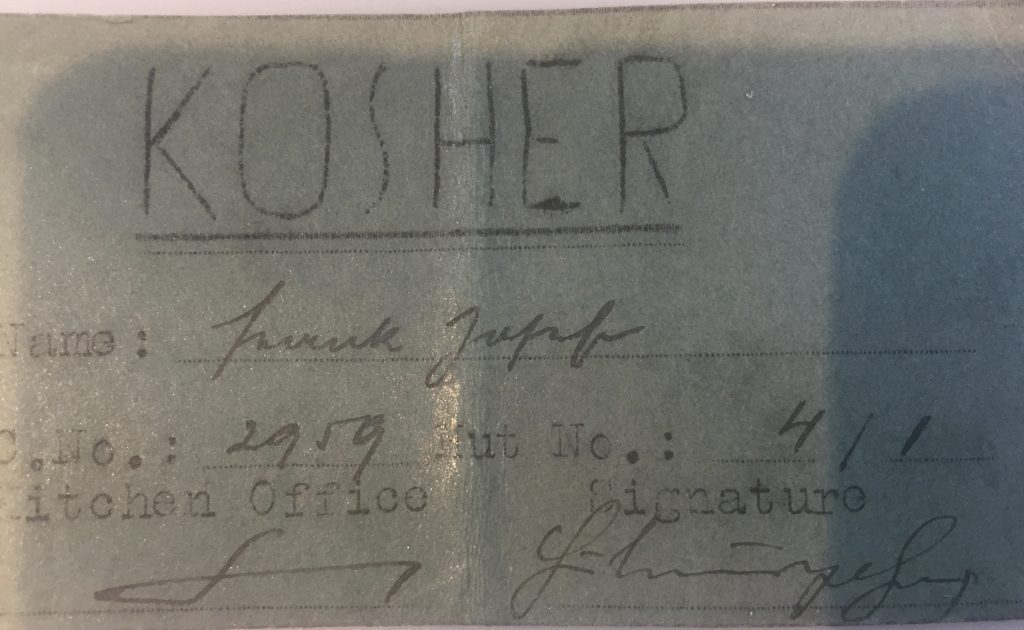
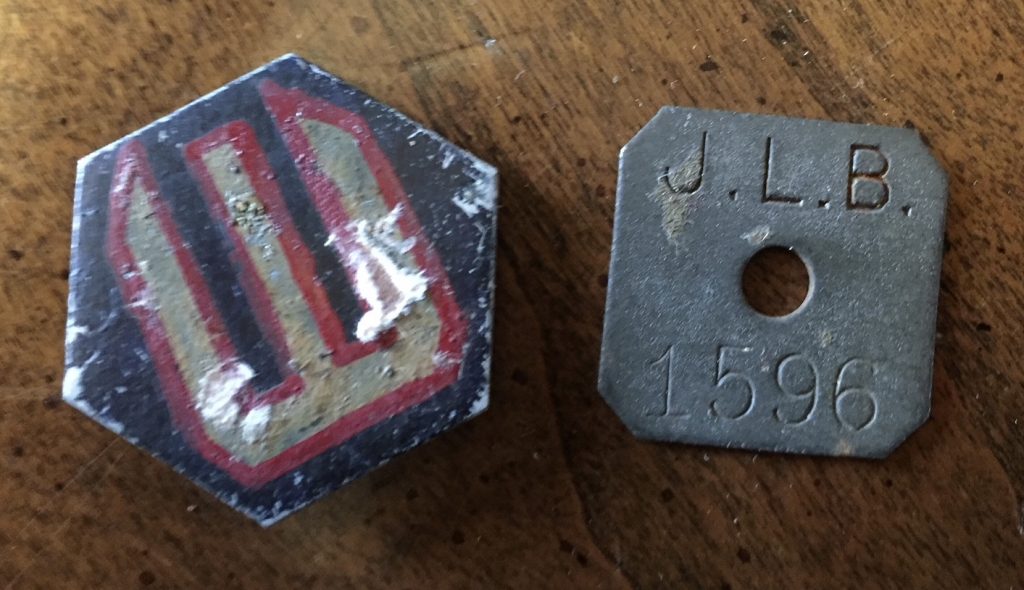
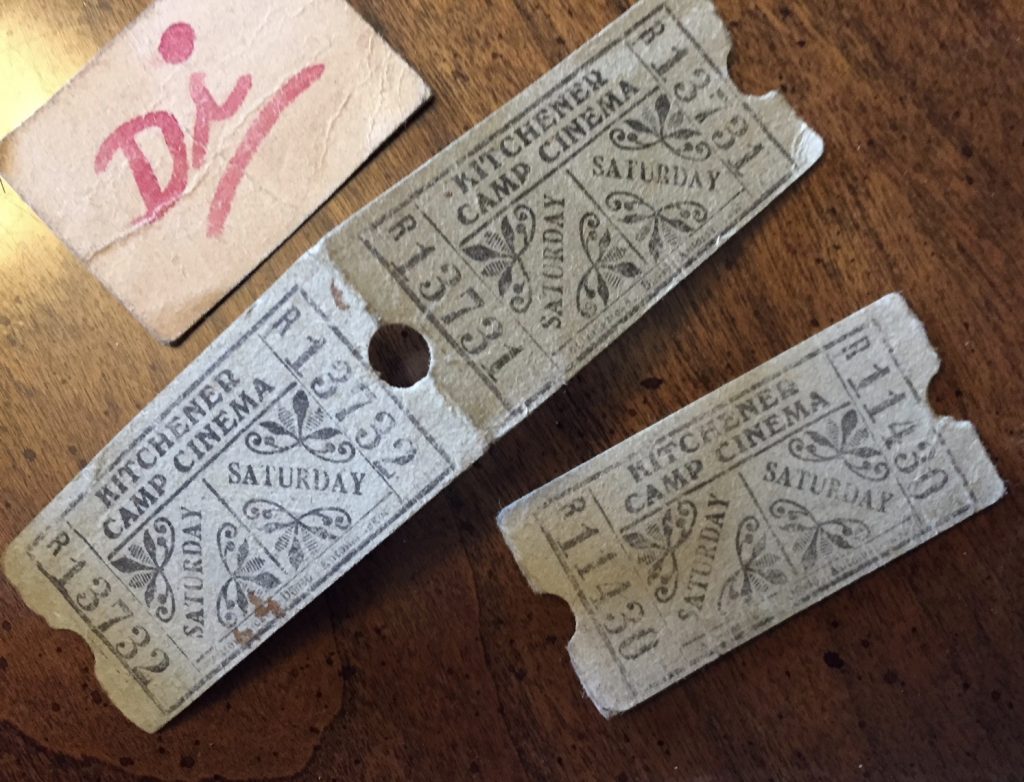
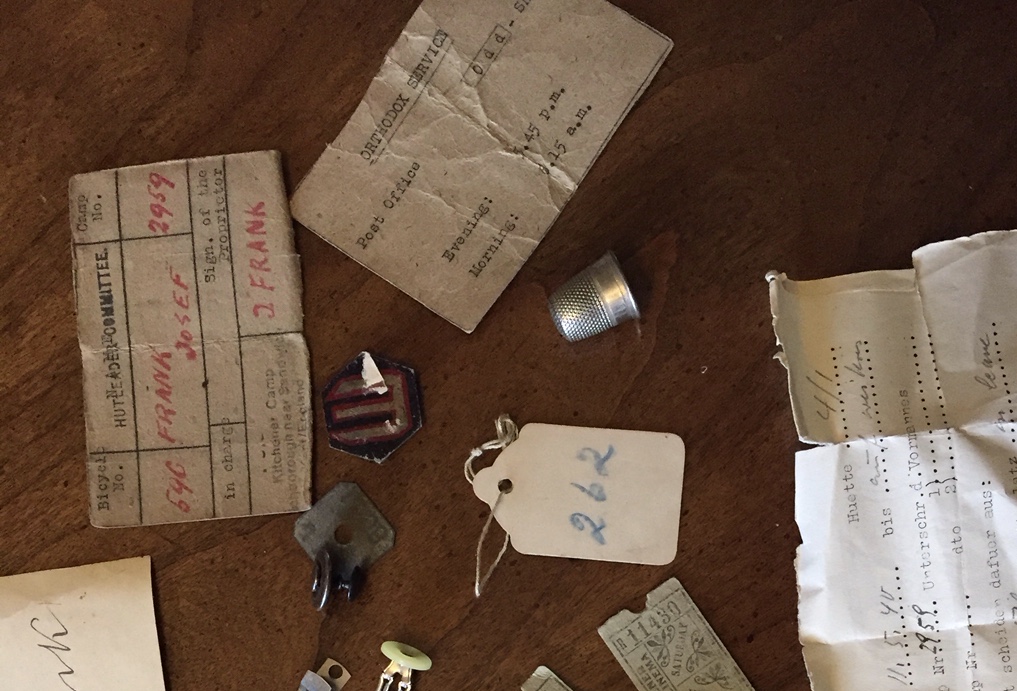
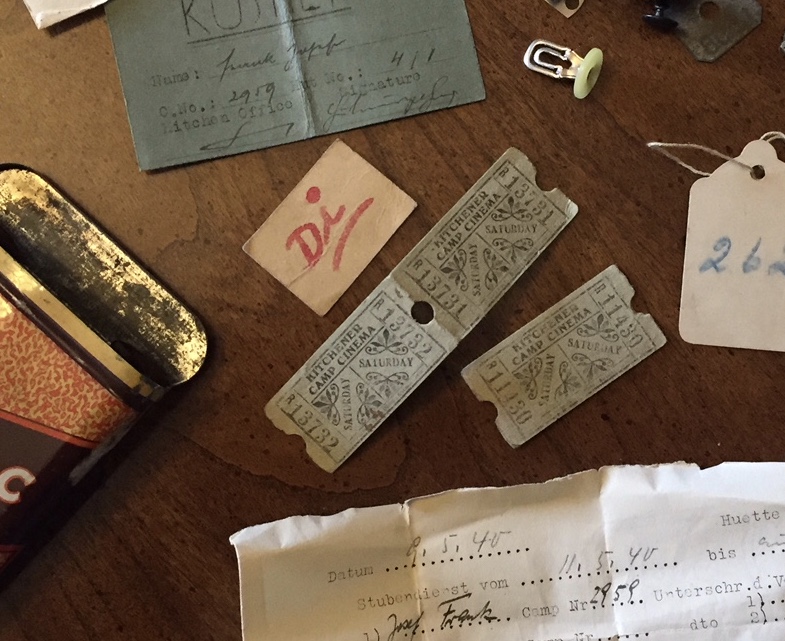
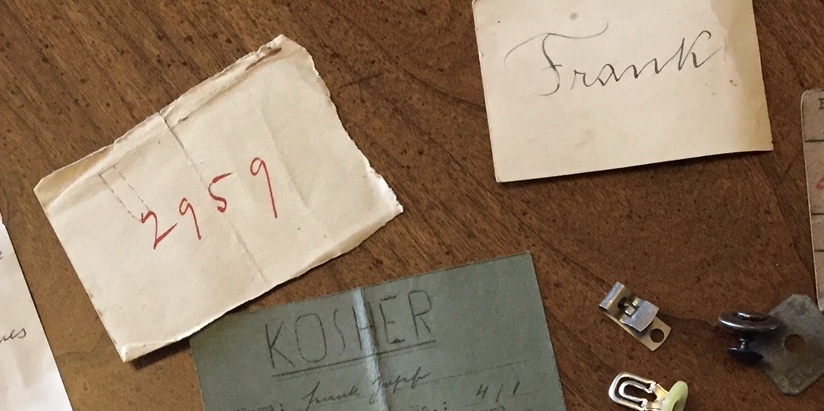
-Reproduced with the kind permission of the Frank family for Joseph Frank
Photographs
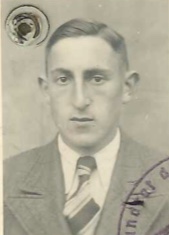
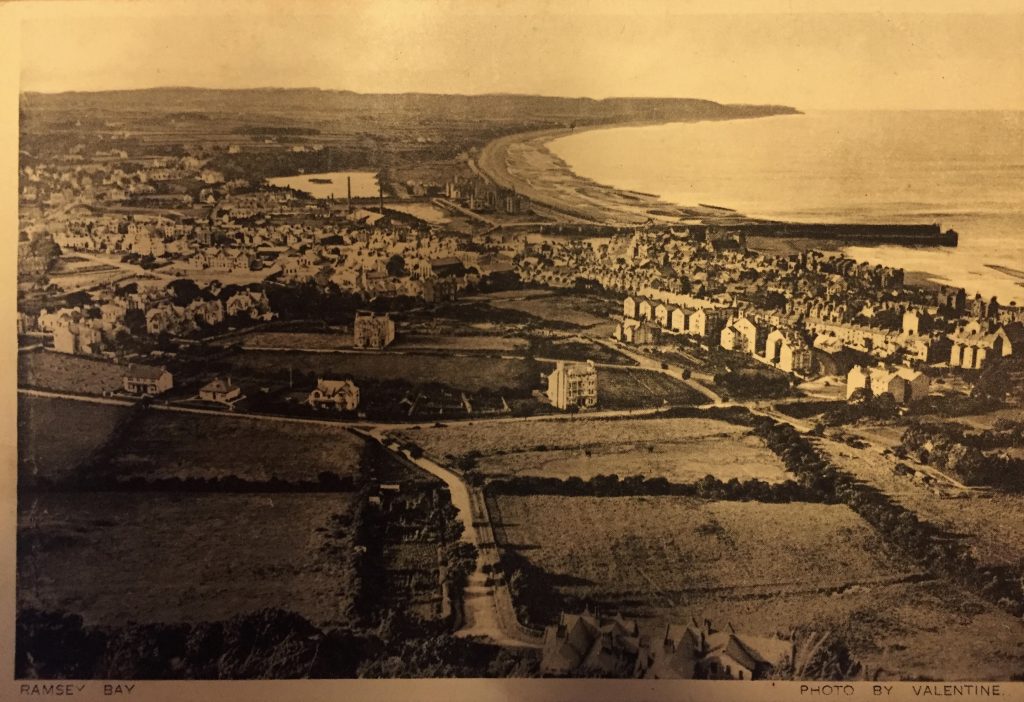
-Photographs reproduced with the kind permission of the Frank family for Josef Frank

